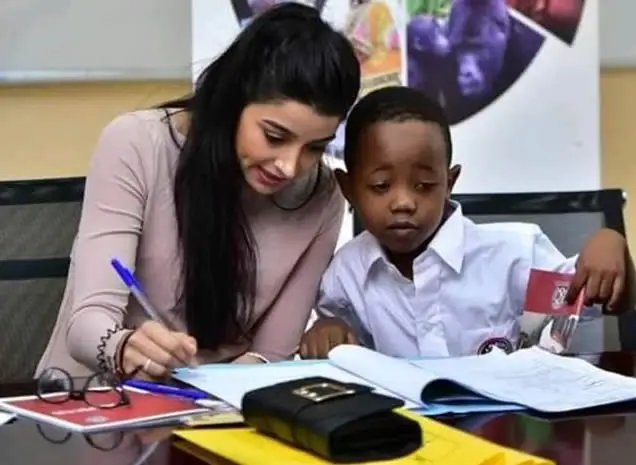In the words of Nelson Mandela, “Education is the most powerful weapon which you can use to change the world.” This sentiment accentuates the importance of education as a tool for empowerment and social transformation.
It is encouraging to witness educational institutions like Kampala Parents School take steps towards inclusivity by providing opportunities for street and ghetto children to access quality education. As concerned parents voice their worries, it’s vital to embrace empathy and recognize the potential positive impact of such initiatives on our society.
Uganda’s history is predominant with stories of individuals who rose from challenging circumstances to become beacons of inspiration. One such example is Bobi Wine, who emerged from humble beginnings to become a prominent Ugandan politician and leader of the National Unity Platform. His journey serves as a reminder that each child, regardless of their background, possesses untapped potential that can flourish given the right opportunities and support.
The concerns expressed by some parents about the integration of street and ghetto children into Kampala Parents School are valid, as they are driven by a genuine desire to provide their own children with the best education and environment possible. However, this concern can also be an opportunity for dialogue and growth. Rather than fearing that their children will be negatively influenced, parents can encourage their children to be leaders in fostering empathy and understanding.
In fact, the interaction between children from different walks of life can offer invaluable lessons. The story of Victor Ochen, born in northern Uganda, who spent 21 years of his own childhood as a refugee in the camps where he survived on one meal a day for over seven years, but went on to become a Nobel Peace Prize nominee for his efforts in conflict resolution and rehabilitation of war-affected youth, is a testament to the potential of these children.
Imagine the impact of nurturing a learning environment where these stories can inspire young minds, teaching them the values of resilience, compassion, and social responsibility.
Education is not just about textbooks and exams, but about shaping well-rounded individuals who contribute positively to society. By integrating street and ghetto children, Kampala Parents School has a unique opportunity to instill in all students the values of inclusivity and kindness. Teaching our children that a person’s worth is not determined by their background but by their actions can create a generation that builds a stronger, and more harmonious Uganda.
The concerns expressed should be acknowledged and addressed through open dialogue. However, it is essential to view this initiative as an opportunity for growth, empathy, and social transformation. By working together, parents, teachers, and students can create an environment where every child’s potential is nurtured, regardless of their past.
The stories of individuals who overcame adversity to make a positive impact in Uganda’s history serve as powerful reminders of the potential that lies within every child. Let us be guided by the words of Mahatma Gandhi, who said, “You must be the change you want to see in the world.” Through inclusivity and kindness, we can indeed be the change that shapes a brighter future for all Ugandan children.















